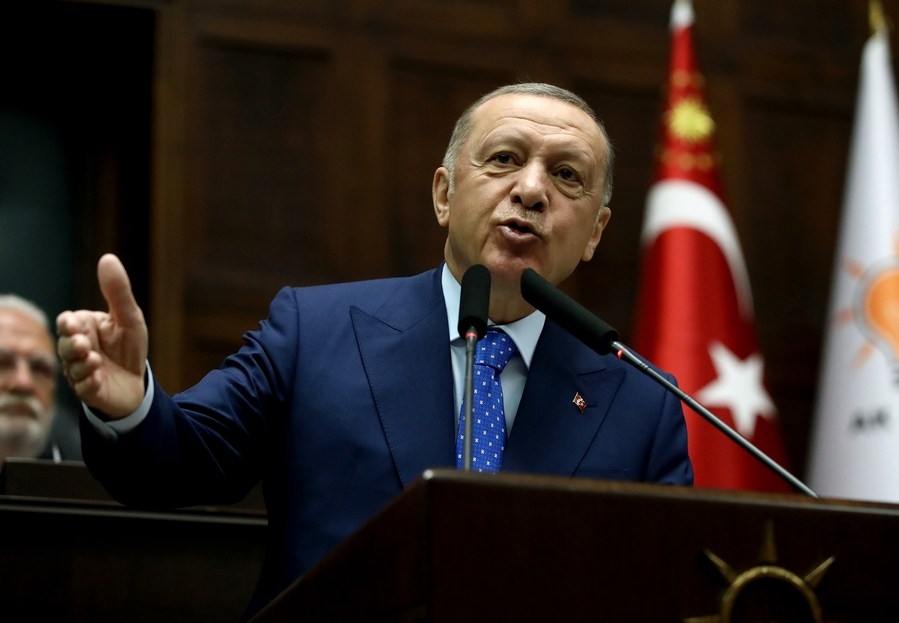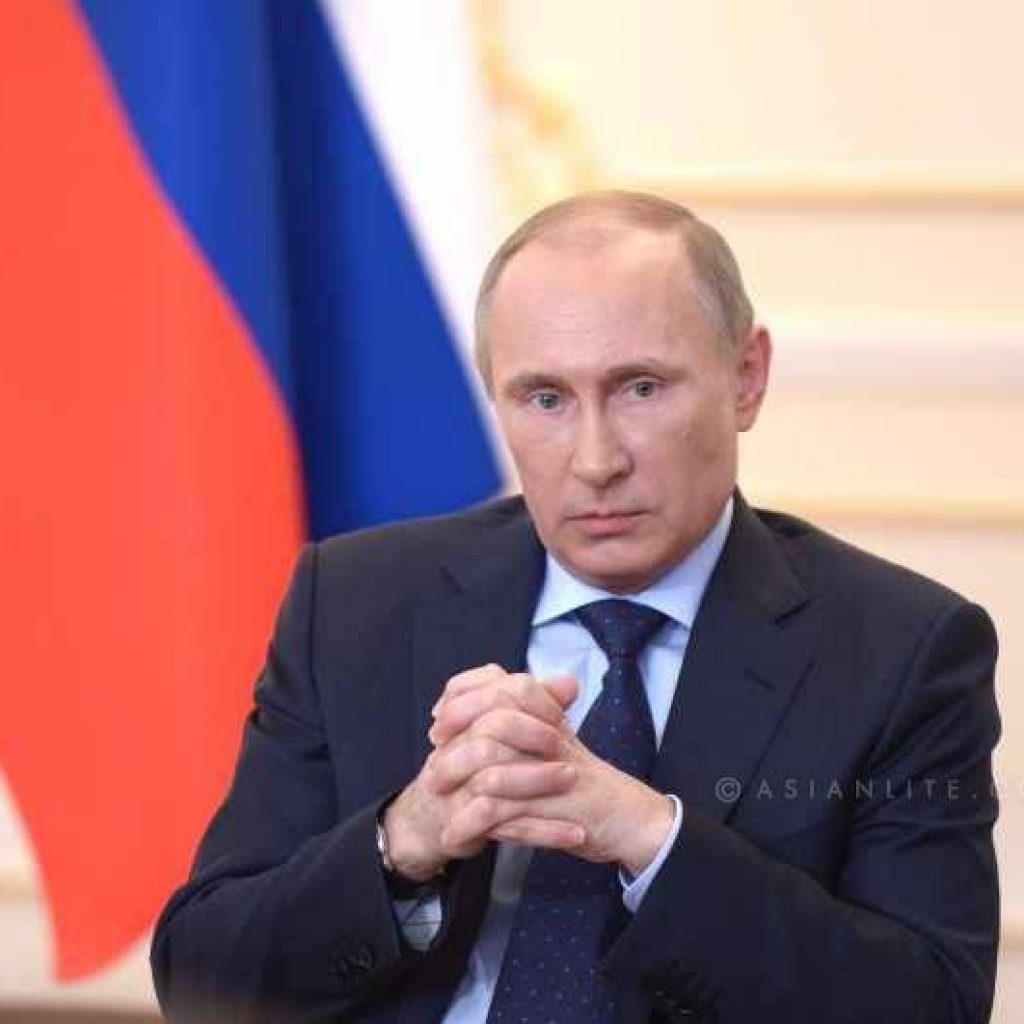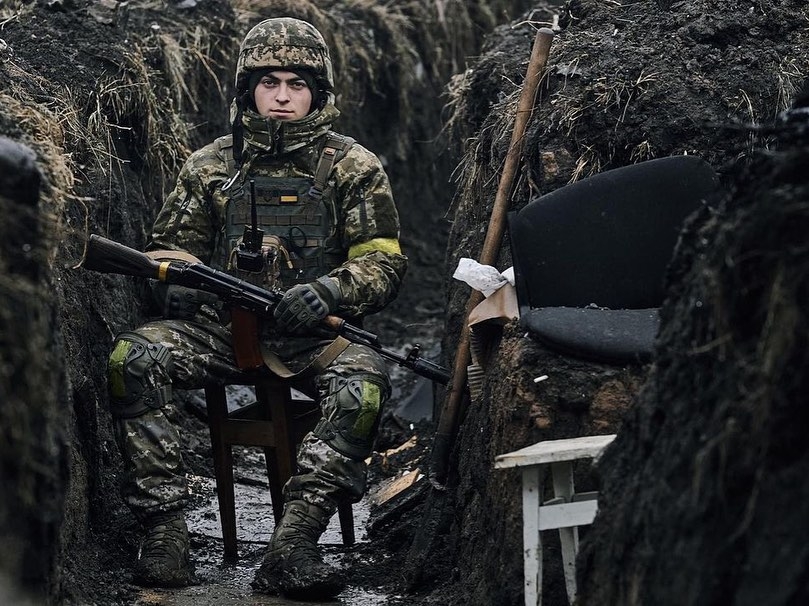The main beneficiaries of Russia’s war are China, India, Turkey, Iran and North Korea, reports Sanjeev Sharma…reports Asian Lite News
The geopolitical distribution of power will see a fundamental shift as a result of the war in Ukraine, GIS Reports said. Traditional political alignments will harden.
Rudolf G Adam, a former vice president of Germany’s Federal Intelligence Service wrote in GIS Reports that the world will remain divided into three groups that face each other with suspicion and open hostility:
* Western liberal democracies (US, Canada, EU, UK, Japan, South Korea, Australia, New Zealand)
* Russia, Belarus, Iran, Syria, Venezuela and North Korea, with China staying close. Regimes in these countries despise legal constraints both in dealing with other international actors or with their own subjects
* Developing nations of the South Asian subcontinent, the Arab world and South America
Adam said international institutions like the United Nations or the Organization for Security and Cooperation in Europe (OSCE) are paralyzed; regional associations will gather strength. Pressure for reform of the Security Council will rise but will have even lesser chances of success than 20 years ago.
The main beneficiaries of Russia’s war are China, India, Turkey, Iran and North Korea. They exploit trade opportunities that Western sanctions open for them. They profit from Russian oil at discount prices, Adam said.
China’s bilateral trade with Russia grew to a record $ 190 billion in 2022, comparable to its trade with Germany. Last year’s China-U.S. trade, meanwhile, also grew to a record $ 691 billion. Chinese exports of finished industrial products rose by almost 40 percent.
Russia’s protracted war on its western front presents additional opportunities for China to improve its position vis-a-vis Russia’s Far East. China profits most as the two superpowers weaken each other and U.S. attention is diverted from the Pacific to the Atlantic, Adam said.
India has been quick in buying cheap Russian fuel and in benefitting from supplying what Moscow can no longer obtain directly from the West.
Turkey is mediating in this war. Communication channels with both sides remain open. Russia’s entanglement in Ukraine has strengthened Turkish President Recep Tayyip Erdogan’s hand in Syria. Turkey is the only NATO country that has shot down a Russian combat aircraft (in 2015) and is enjoying a privileged position vis-a-vis Moscow, having bought the Russian air defense system S-400 and having its first nuclear power station built by Rosatom.

Iran and North Korea have assumed a crucial role in weapon supplies. Russia is bound to honour their support at a critical juncture with political (and perhaps technological) support, Adam said.
Oil-exporting Arab states will see their political influence strengthened in the short term. In the long run, they expect their influence to wane as a sustained turn to renewables will undermine their position as oligopolists of fossil fuels – a strong argument to maximize exploitation of their bargaining power as long as they still have it. OPEC’s recent decision not to expand oil production despite a formal U.S. request is a harbinger of things to come.
The energy crunch will accelerate a renaissance of nuclear power, with Russia, China, France and the U.S. as leading nations in building and servicing nuclear power plants, Adam said.
Elsewhere in the Global South, the Ukraine war exposed raw nerves. Most non-Western capitals joined in UN General Assembly votes against Russia’s aggression. But few have condemned Putin publicly or imposed sanctions. Many have reason — trade, mostly, but also historical ties or reliance on Kremlin-linked Wagner Group mercenaries — not to break with Moscow, International Crisis Group said in a report.
They see picking a side or incurring costs for a war many believe is Europe’s problem as against their interests. Frustration with the West plays a role too, whether over COVID-19 vaccine hoarding, migration policy or climate injustice. Many see a double standard in outrage over Ukraine given the West’s interventions elsewhere and colonial record. Many Global South leaders also believe, particularly when it comes to sanctions, that Western governments have put fighting Russia over the global economy, the report said.
For China, the war has been mostly a headache. Despite Chinese President Xi Jinping’s public embrace of Putin and continued trade between the two countries that has helped Russia weather sanctions, Beijing’s material support has been lacklustre. Xi has not sent weapons. He appears disturbed by Putin’s travails and nuclear bluster. Beijing does not want to undercut Moscow and is unlikely to compel Putin to reach a settlement. But neither does it wish to provoke Western capitals by abetting the invasion, International Crisis Group said.

It watches warily as U.S. allies in Asia bolster defences and seem even keener to keep Washington around, even as they still want access to Chinese markets. The war has heightened fears of a Chinese assault on Taiwan. But an invasion that seemed too risky for Beijing in the near term even before the war seems — at least for now — even less likely. The massive sanctions imposed on Russia are not lost on China. Nor are Moscow’s battlefield failures, the report said.
Russia and Iran have formed a partnership of convenience against Western powers for decades, but that relationship has historically been tinged by an undercurrent of distrust and wariness, experts said, Foreign Policy reported.
ALSO READ-ISRO seizes opportunity amid Ukraine war

